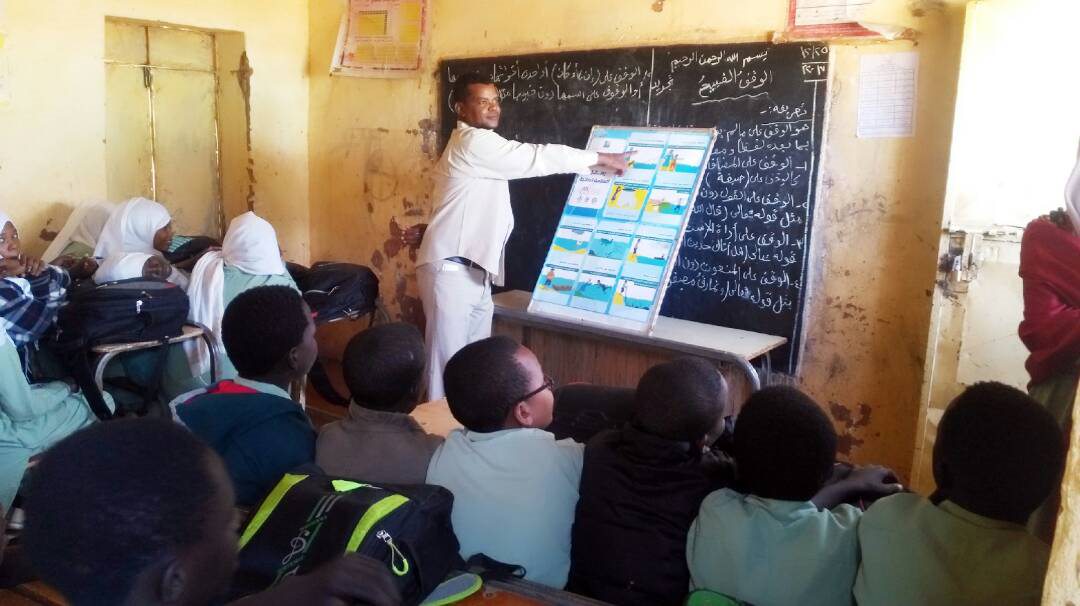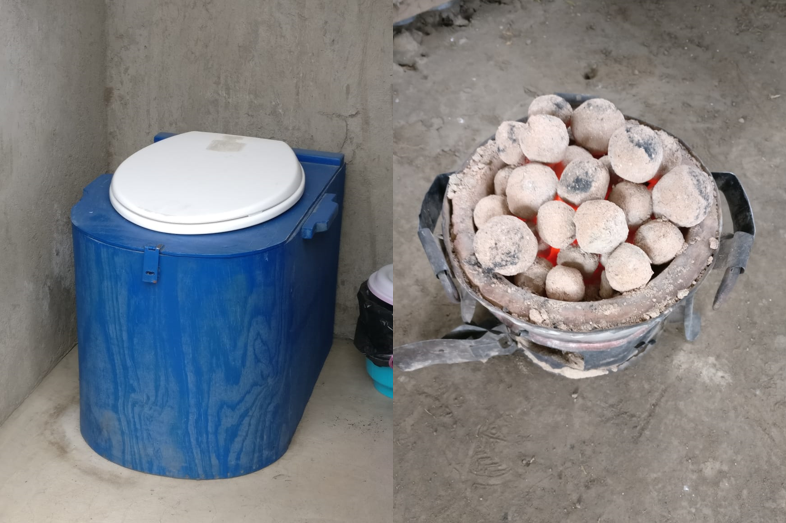
#WEDC41 Part 5: Be the change you want to see
In July, I spent two weeks in Kenya at the WEDC conference in Nakuru and visiting sanitation companies, Sanergy and Sanivation, and the newly-established sanitation research group at Meru University of Science and Technology. This is the last in a five-part series of blogs about that conference and those visits. You can see the earlier posts about (the lack of) government support for container-based sanitation businesses here, about WASH failures here, about behaviour change toolkits here, and about systems mapping and the role of religion here. Sometimes you meet a person who you know is going to make big changes to the world around them. Joy Riungu, the Dean of Engineering and Architecture at Meru University of Science and Technology (MUST) is one of those people. Meru, like any other…



